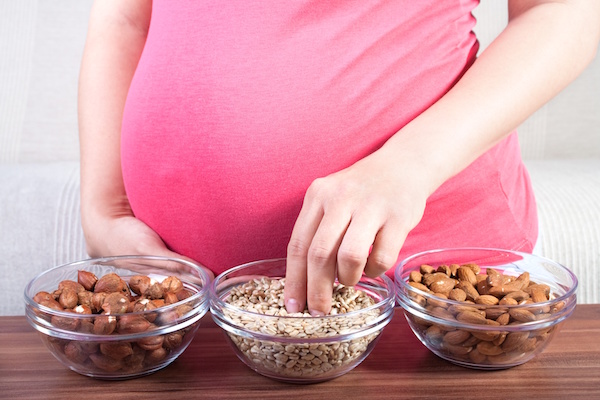
MONDAY, Sept. 10 (HealthDay News) — The leading pediatricians’ group in the United States is again urging parents to get all children aged 6 months or over immunized in preparation for the coming flu season.
The American Academy of Pediatrics noted that young children are especially vulnerable to influenza.
“The risk of influenza-associated hospitalization in healthy children aged under 24 months has been shown to be greater than the risk of hospitalization in previously recognized high-risk groups, such as the elderly,” according to the AAP’s Committee on Infectious Diseases.
In its updated guidelines published online Sept. 10 in the journal Pediatrics, the AAP also urged that anyone charged with regular care of a young child — a parent or daycare-center worker, for example — also be immunized, a strategy aimed at protecting kids called “cocooning.”
“The concept of cocooning is particularly important to help protect infants less than 6 months of age because they are too young to be immunized with influenza vaccine,” the AAP explained. Cocooning can also greatly help shield older babies and toddlers, as well as prevent the spread of influenza between children and the wider community, according to the group.
Certain high-risk groups also were singled out for vaccination, including children with medical problems such as asthma, diabetes, suppressed immune systems or neurologic disorders. The AAP also urged that all women who are pregnant, have just delivered or are breast-feeding be immunized against flu.
The vaccine can be delivered either via an injection (for children 6 months of age or older) or a nasal spray (for kids aged 2 years or older). If a child between the ages of 6 months and 8 years already received at least two doses of flu vaccine since July 1, 2010, they need only receive one dose of vaccine this season, according to the AAP. If they have not received two or more doses in that time frame, however, they require two doses of this year’s vaccine to be properly immunized.
“Influenza infection is a potentially serious infection for all of us, and universal immunization is recommended for everyone 6 months of age and older,” said Dr. Leonard Krilov, chief of pediatric infectious disease and vice chairman of the department of pediatrics at Winthrop University Hospital in Mineola, N.Y.
He stressed that “annual immunization is necessary because the virus strains change from year to year — two of the three strains in this year’s vaccine are different from last year.”
Parents should immunize their children “as soon as the vaccine becomes available each year,” Krilov said. “The side effects from the vaccine are generally mild. Most important, you cannot get the flu from the flu vaccine.”
Another expert agreed.
Dr. Kenneth Bromberg, chairman of pediatrics at the Brooklyn Hospital Center in New York City, noted that the AAP’s recommendations are in accordance with those from the U.S. Centers for Disease Control and Prevention’s Advisory Committee on Immunization Practices.
“One particular group to focus on is health care workers,” he added. “Consumers should ask their providers if they are immunized against influenza, especially in hospitals.”
More information
There’s more on protecting children from influenza at the U.S. Centers for Disease Control and Prevention.

